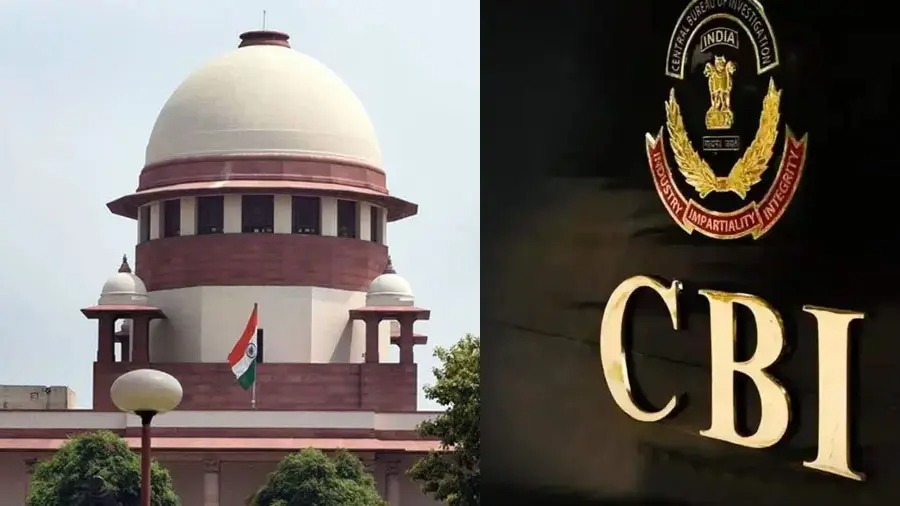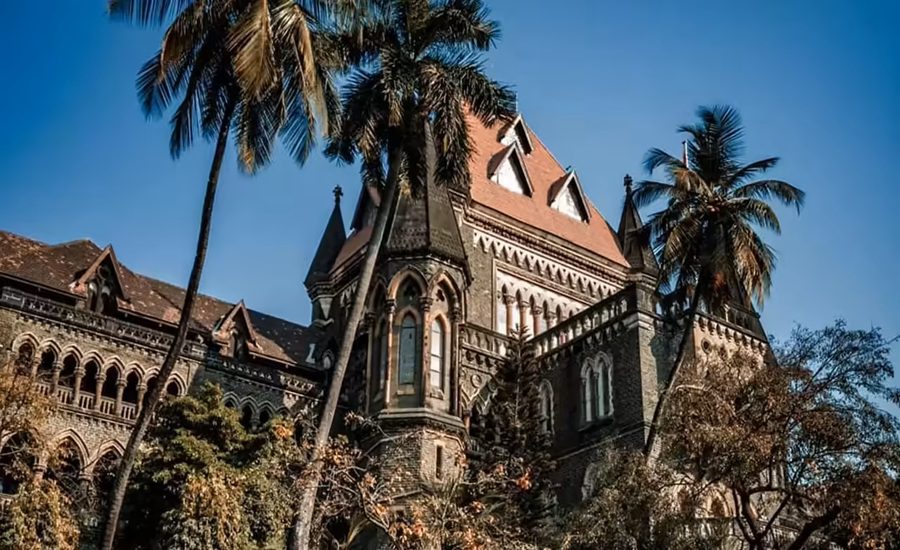Sudhir Agarwal, J.@mdashHeard Mr. Arun Kumar Gupta, the learned counsel for the petitioner, at great length and perused the record. Writ petition is directed against the order dated 20.7.2011 passed by the Addl. District Judge, Maharajganj, directing for issuance of recovery certificate for recovery of Rs. 5,57,704 along with interest from the petitioner on an application filed by respondent No. 1 u/s 174 of the Motor Vehicles Act, 1988 (hereinafter referred to as ''1988 Act'').
2. It is not in dispute that in M.A.C.P. No. 118 of 2004 filed by Neelam Devi and others against the petitioner and others, an award was given by Tribunal on 11.12.2008 awarding a sum of Rs. 4,41,500 along with interest at the rate of 7 per cent. The Tribunal directed the said amount to be paid by the insurance company, respondent No. 1, but also said that respondent No. I shall recover the said amount from the owner of the vehicle, i.e., petitioner. Petitioner who was party in the said petition contested the matter and thereafter the said order was passed. Petitioner filed no appeal within time. It is said that after expiry of period of limitation for filing appeal, petitioner filed F.A.F.O. No. 669 of 2009 along with application u/s 5 of Limitation Act. This court issued notice on the application u/s 5 and the matter is pending since then. Since no interim order was passed by this court, the execution of the award proceeded pursuant whereto the insurance company deposited the awarded sum in the court below and thereafter filed an application for recovery of the said amount from the petitioner, i.e., owner of the vehicle. The order impugned in the writ petition has been filed pursuant to the said application. Learned counsel for petitioner submitted that u/s 174 of 1988 Act, it is the insured who may file the application and not insurance company and, therefore, the application is beyond the scope of section 174.
3. However, I find no substance in the submission. Section 174 of 1988 Act reads as under:
174. Recovery of money from insurer as arrear of land revenue.--Where any amount is due from any person under an award, the Claims Tribunal may, on an application made to it by the person entitled to the amount, issue a certificate for the amount to the Collector and the Collector shall proceed to recover the same in the same manner as an arrear of land revenue.
4. The insistence on the part of counsel for petitioner that heading of the section shows that it provides mode of recovery of money from insurer and would mean that the ambit of section 174 is confined to insurer and not to anybody else. It is true that in the heading the word ''insurer'' is there but in the substantive provision, the word ''person'' has been mentioned by the legislature. It is well settled that the heading of the section will not govern the substantive provision. One has to go through the provision itself and in case of any doubt or ambiguity, the heading of the section may be taken into aid for clarifying the doubt or ambiguity, but it would not control the very provision itself.
5. Section 174 clearly provides, when an amount is due to any person under the award, if such a person moves an application, the Claims Tribunal may issue a certificate to the Collector for recovery of the said amount from the person liable to pay. The term ''person'' used in section 174 has been defined in General Clauses Act as under:
''Person'' shall include any company or association or body of individuals, whether incorporated or not.
6. It includes natural and legal person both. In the award, the claimant was person entitled to recover the amount from the opposite parties in the claim petition in the manner it was directed by the Tribunal. It included the insurance company as well as the petitioner. The insurance company discharged its burden and paid the amount to the claimant. Thereafter as per direction in the award of the Claims Tribunal, the insurance company was entitled to recover the amount from petitioner, i.e., owner of the vehicle, Therefore, the insurance company''s application would also be covered by section 174 of 1988 Act.
7. In
Where on adjudication of the claim under the Act, the Tribunal arrives at a conclusion that the insurer has satisfactorily proved its defence in accordance with the provisions of section 149(2) read with sub-section (7), as interpreted by this court above, the Tribunal can direct that the insurer is liable to be reimbursed by the insured for the compensation and other amounts which it has been compelled to pay to the third party under the award of the Tribunal. Such determination of the claim by the Claims Tribunal will be enforceable and the money found due to the insurer from the insured will be recoverable on a certificate issued by the Claims Tribunal to the Collector in the same manner u/s 174 of the Act, as arrears of land revenue. The certificate will be issued for the recovery as arrears of land revenue only if, as required by sub-section (3) of section 168 of the Act, the insured fails to deposit the amount awarded in favour of the insurer within thirty days from the date of announcement of the award by the Tribunal.
8. This has been followed in
9. Identical argument has been considered in
10. The second submission is that the insurance company in the application filed before the Tribunal made a statement that no appeal has been filed by anyone in any court. Counsel for the petitioner submitted that the statement is false since his appeal is pending.
11. Technically what he says may be correct but an appeal filed beyond time along with delay condonation application means no appeal is pending so long as the application for condonation of delay is allowed. Therefore, the insurance company when said that no appeal has been filed, it means that in the eyes of law, no appeal was pending. So long as application u/s 5 is not allowed, it cannot be said that an appeal is pending.
12. Be that as it may, it is admitted that no interim order has been passed by this court against the award of the Tribunal and, therefore, it has to be given effect to in accordance with law.
13. In the circumstances, I find no reason to interfere with the impugned order. Dismissed.

